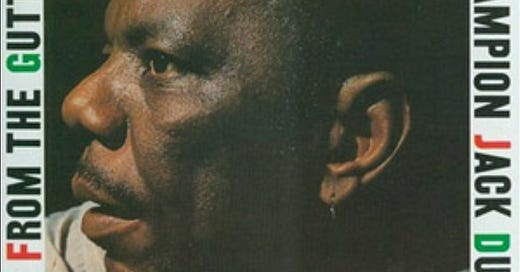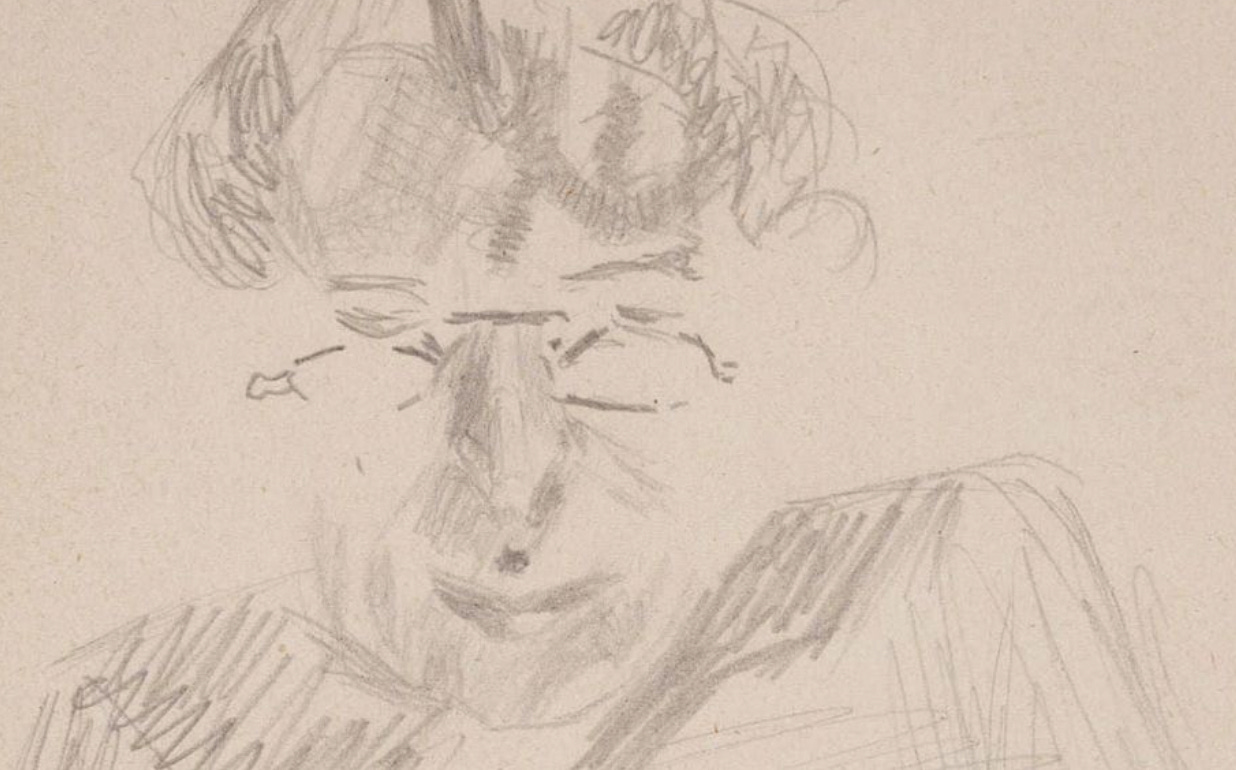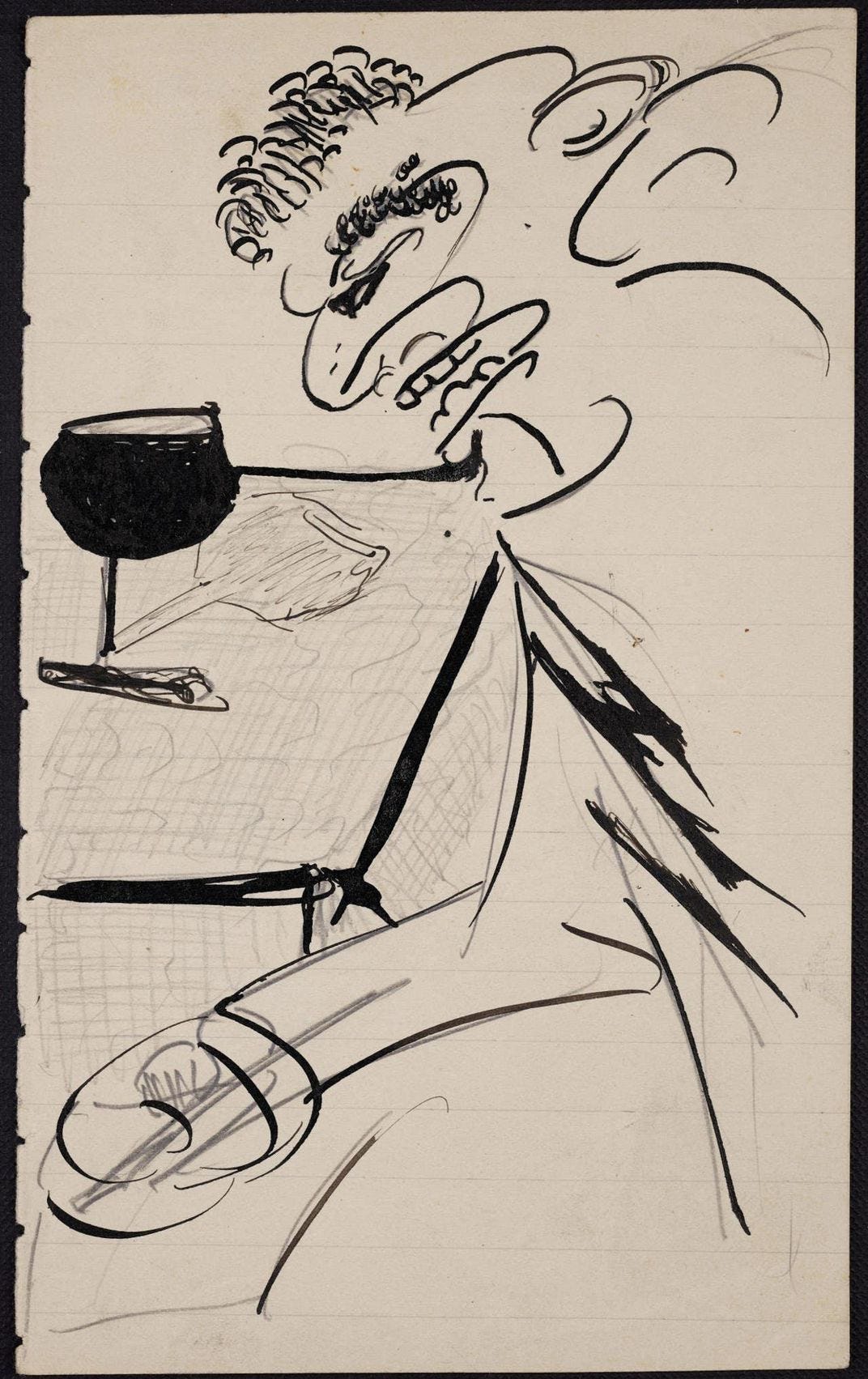THE SIGNAL from David Katznelson
"Our mind is capable of passing beyond the dividing line we have drawn for it. Beyond the pairs of opposites of which the world consists, other, new insights begin."-Herman Hesse
Whenever Jim Dickinson would venture out to produce a project…and he produced some truly legendary records with bands such as Big Star (their third record) and the aftermath of Big Star, Alex Chilton’s Like Flies on Sherbert, Toots and the Maytals, G-Love and Special Sauce, Screaming Jay Hawkins, Panther Burns…the list goes on…whenever Jim would produce a record he would bring his black box with him. Inside this small black box were CDs of music he would muse off of….recordings that to him were his guides and mentors. It was his amulet.
When at Warner Bros, Jim produced two records under my A&R-ship: The Texas Tornados’ Four Aces and Mudhoney’s Tomorrow Hit Today, both incredible artistic statements that Jim had such a major hand on molding. It was during those studio experiences that I got to look inside the black box. One of the first records I pulled out was Champion Jack Dupree’s Blues From The Gutter. I had heard of Dupree first from Seymour Stein. Stein, founder of the legendary Sire Records, was telling me about his start in the business when his story took him to London to work with Mike Vernon and his fledging label Blue Horizon Records. And while Blue Horizon became famous for the early Fleetwood Mac releases featuring Peter Green (OH SO GOOD), the artist Stein talked to me about getting to see in the studio and spending time with was the champion: Jack Dupree.
Dupree was from New Orleans. While at the Colored Waifs Home orphanage (the same one Louis Armstrong passed through), Dupree started playing the piano. Soon he found his people, legends of the New Orleans’ scene including Tuts Washington and Willie Hall, the latter he called his adoptive father and learned what would become a staple in his set Junker’s Blues (nice of a father figure to teach his son a song about problematic drug use). Dupree’s life from there is a chaotic mess of different types of jobs (including being a boxer, where he got the nickname CHAMPION) in different places (Detroit, Chicago) with even a stint in the military during World War II. But the most important part for this story is that in 1940 he released his first single on the Okeh label, Warehouse Man Blues and Chain Gang Blues.
From the beginning of the first track of his first release, Dupree introduced the world to his unique and beautiful take on the barrelhouse piano tradition. There is something about his playing…and his voice…that sets him apart from all that came before or after him. Maybe it is because his fingers follow his singing, seemingly dripping dark smokey romantic stories of juke joints with every hit on the keys. There is something outer-worldly about his playing that once you start listening, you really don’t want the vibe to end. Dupree’s songs tell tales of the dark side of the street…where hustlers and jailbirds and druggies roam. Dupree himself was not like the characters he sang about, leading him to a healthy career of touring, recording, influencing the up-and-coming blues inspired musicians wherever he went. And he recorded with anyone at anytime leaving an incredible legacy behind.
And somewhere along his journey he released Blues From The Gutter, in some ways his crowning achievement. When I first heard that record, sitting with Dickinson in Ardent Studios, Memphis it immediately attached itself deep within my psyche. His dark vocal approach and that slow, brooding, heartbeat-of-a-piano style ran through my body like an addictive drug, and has been with me ever since. With his welcoming on the opening number Strollin’, you know you are hanging with the right guy offering you the right musical trip:
“Man, slow down don’t walk so much. All you got to do is take your time. We’ll get there….”
It is one of those records that feel good to put on repeat, and run the day the Dupree way, with a slow, groovy pace filled with the greatest stories from the oral history of the blues.
No one knows when Jack Dupree was actually born. July 10th? July 23rd? 1908? 9? 10? The general consensus, or at least where the musicologists have seemed to land on, is July 4th, 1910. And with that, this weekend, it will feel good to raise a glass to one of the greats, The Champion himself, Champion Jack Dupree. Oh yeah.
You Can Now Explore an Unseen Trove of Franz Kafka’s Personal Papers Online
These Kafka papers are marvelous and worth a dive into. The story how they came to be digitized and made available for all is almost Kaskaesque: Kafka wanted his papers and sketches destroyed. His friend saved them only to have them fall into the hands of secretary who was sued by a Jerusalem based library to get them back…and here they are!
High Time: Alyson Martin And Nushin Rashidian On The Move Toward Legalizing Cannabis
A great weekend read that only The Sun can deliver, hearing the take about cannabis by the journalists who have been tracking the story for years.
The Upsetter: The Life And Music of Lee “Scratch” Perry
Currently free and available on YOUTUBE, this doc featuring the crazed mastermind of Reggae, Lee “Scratch” Perry is awesome. This film showcases what we already knew: Perry was at the ground zero of the reggae big bang helping mold the sound and the careers of the biggest artists…and the footage (there is sooo little footage from 60s/70s Jamaican culture) is jawdropping.
Was Albrecht Dürer a Genius? An Idiosyncratic New Book Searches for Answers
Oh yeah: “The central event in this fascinating book involves a missed connection between Dürer and a dead whale. In 1520, while attempting to run away from a plague that was sweeping through Europe, Dürer set sail for the Netherlands’ Zeeland region, where he was told there was a beached whale washed ashore. Dürer had a knack for etching almost impossibly detailed images of animals—he was exceptionally good at lending them the kind of psychology typically only afforded to humans in portraits at the time—and so he simply had to see the creature for himself. Dürer’s ship just barely made it there in one piece, and the artist caught malaria in the process. When he got there, he never even saw the whale—the canals were covered in an ooze that made them impassable, so he never got to see the maritime beast”
Dreams
BY WISŁAWA SZYMBORSKA
TRANSLATED FROM THE POLISH BY CLARE CAVANAGH AND STANISLAW BARANCZAK
Despite the geologists’ knowledge and craft,
mocking magnets, graphs, and maps—
in a split second the dream
piles before us mountains as stony
as real life.
And since mountains, then valleys, plains
with perfect infrastructures.
Without engineers, contractors, workers,
bulldozers, diggers, or supplies—
raging highways, instant bridges,
thickly populated pop-up cities.
Without directors, megaphones, and cameramen—
crowds knowing exactly when to frighten us
and when to vanish.
Without architects deft in their craft,
without carpenters, bricklayers, concrete pourers—
on the path a sudden house just like a toy,
and in it vast halls that echo with our steps
and walls constructed out of solid air.
Not just the scale, it’s also the precision—
a specific watch, an entire fly,
on the table a cloth with cross-stitched flowers,
a bitten apple with teeth marks.
And we—unlike circus acrobats,
conjurers, wizards, and hypnotists—can fly unfledged,
we light dark tunnels with our eyes,
we wax eloquent in unknown tongues,
talking not with just anyone, but with the dead.
And as a bonus, despite our own freedom,
the choices of our heart, our tastes,
we’re swept away
by amorous yearnings for—
and the alarm clock rings.
So what can they tell us, the writers of dream books,
the scholars of oneiric signs and omens,
the doctors with couches for analyses—
if anything fits,
it’s accidental,
and for one reason only,
that in our dreamings,
in their shadowings and gleamings,
in their multiplings, inconceivablings,
in their haphazardings and widescatterings
at times even a clear-cut meaning
may slip through.








